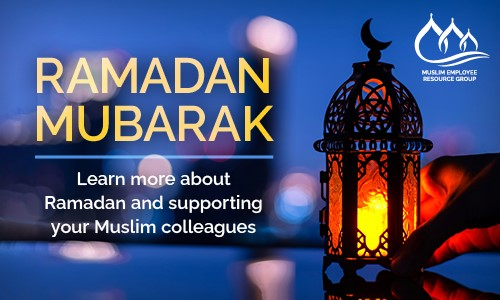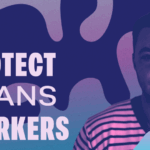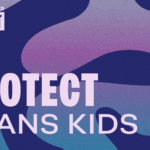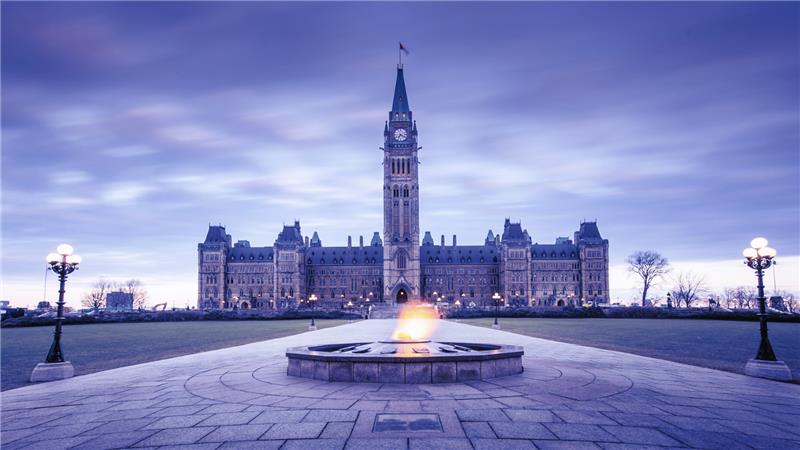
Ramadan Mubarak
What is the month of Ramadan actually about?
Muslims believe that during the month of Ramadan God revealed the first verses of the Qur’an, Islam’s sacred text to Prophet Muhammed on a night known as “The Night of Power.” During the day Muslims fast (no food or drink) from sunrise to sunset and it is a time of spiritual discipline. This involves deep contemplation of one’s relationship with God, extra prayer, increased generosity and charity and intense study of the Qur’an.
Sounds super serious right? It’s also a time for joy and happiness and spending time with loved ones. At the end of the month there is a big celebration called Eid al-Fitr – involving lots of food, family and gifts.
Why do the dates for the month of Ramadan change every year?
For religious matters, Muslims follow a lunar calendar – which is based on the phases of the moon – with 12 months adding up to approximately 354 days. That’s 11 days shorter than the 365 days in the Gregorian calendar. The Islamic lunar calendar moves backwards approximately 11 days each year in relation to the Gregorian calendar.
Can you wish a person a happy Ramadan?
Absolutely! It feels great to be acknowledged during this month. We also say Ramadan Mubarak to each other (RAH-mah-don moo-bah-ROK).
Do all Muslims fast?
There are special exemptions for those who are ill, pregnant or nursing, menstruating, or traveling and for young children and the elderly.
Is it rude to eat or drink in a meeting in front of a Muslim colleague?
No. Fasting is for ourselves, please don’t feel like you have to fast too. We would never want our colleagues to feel guilty or awkward around us.
How can I support a Muslim colleague during Ramadan?
Please be supportive and understanding, and try to avoid organizing compulsory work lunches during this time. Fasting will likely have an impact on energy levels, coupled with longer nights spent in the community and worship – especially during the last ten nights of the month of Ramadan, which are considered the most sacred.





